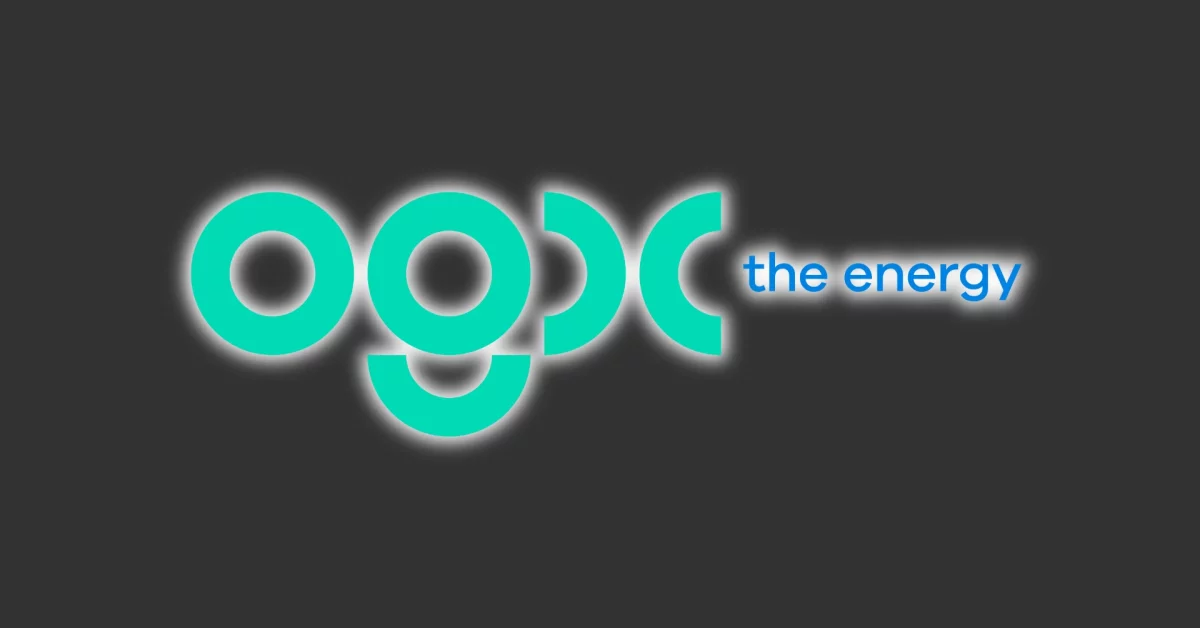
SEO Basics for Google: Creating Quality Content
November 4, 2024
Smart Homes: Achievable on a Budget
November 14, 2024Ethical Standards for AI
AI ethics means a way to develop content using artificial intelligence that is fair, transparent, accountable and aligns with human values.
With the rapid growth of AI, ethical concerns regarding its usage have also been brought up. Issues such as bias, security, privacy, risks, misinformation, job displacement are all valid concerns.
So what does ethics mean?
Ethics is the philosophical study of moral phenomenon. It is a system of moral principles that include ideas about right and wrong, and how people make decisions accordingly.
AI ethics is the application of the moral frameworks to the use of artificial intelligence.
AI can be unethical in a variety of manners, such as, plagiarising content, promoting bias and discrimination. For example, Amazons recruiting algorithm was found to favour male candidates over female candidates.
How is AI Biased?
The way AI works is that the content it produces is shaped by the data its trained on. This data can include historical facts, numerical data and other elements which are picked up from various sources. The problem with this method is that AI can pick up this data from anywhere, so it’s not always easy to verify if the data is factually correct or original content.
AI ethics is important as AI is meant to assist with tasks, but in doing so, biased or inaccurate data can be harmful. If AI algorithm and machine learning models are built too fast and without placing ethics filters in place, then it can become unmanageable for engineers and product managers to correct the learned bias.
The issue of bias with AI has already solid examples of harm that has been caused. The example about Amazons hiring faux pas in 2018 put the company under scrutiny when its AI recruiting tool downgraded resumes that featured women. The discrimination against women caused legal risk for the tech giant.
AI relies on pulling information from internet searches, social media photos and comments and online purchases. With such kind of access, the question of apparent lack of consent and access to personal information rises.
How to Make AI More Ethical?
Globally governments are starting to recognise the harm that AI causes and are beginning to enforce policies for ethical AI. As more awareness is being created there is a need to create a code of ethics.
Code of Ethics:
Creating a code of ethics is the first step to developing AI that’s ethical. The values and principles required of an AI system should be highlighted. The code should be created while keeping the needs of the relevant stakeholders in mind, so that the values and needs of the relevant parties can be delivered upon.
Diversity and Inclusion:
The data used to train AI should be diverse and factually correct. Making sure that biases are avoided is crucial to avoid discriminatory outcomes. The data used should be fairly representative of gender, race, ethnicities and other diversity factors.
Monitoring the AI:
With how fast AI is developing it is essential to monitor the AI system to ensure that it is not causing harm. This includes regular testing, auditing, and analysis of the system. Monitoring will also ensure that issues or errors are identified and addressed, leading AI to continue to operate ethically.
Transparency:
Information about how AI systems run and what data they use needs to be more transparent. This will help build more trust amongst stakeholders and help to ensure that AI is not exploiting the relevant parties.
Addressing privacy concerns:
Privacy concerns arise when personal data is collected, processed or stored. It is essential to ensure that AI compliances with data protection regulations. Consider human rights:
It is essential to consider human rights when developing and using AI systems. This includes ensuring that AI is not used to discriminate against individuals or groups.






